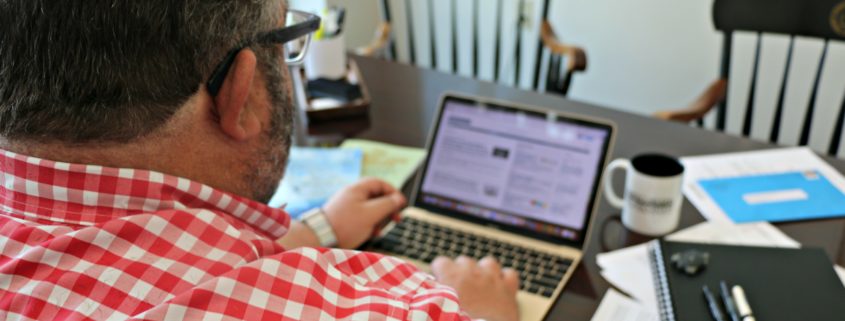A Tale Of Two Legal Tech Conferences: Artificial Intelligence, Practice Management And More
By Erik Mazzone
It was the best of conferences, it was the … actually, they were both pretty good.
Not exactly Dickens, is it?
I recently attended two legal technology conferences. They were interesting both for their similarities (“The future is now!”) and their differences (evolutionary or revolutionary change). The first conference – eponymously called the Clio Cloud Conference – was put on by the maker of practice management software Clio.
The first notable thing about the Clio Conference was that it is a legal technology conference that is not put on by a bar association, trade association, or media company. It is a user conference – common in technology circles but not in legal tech. As adoption of legal technology increases, the rise of the user conference nods to the need for educational offerings that are product and platform-specific. It makes sense: Once a firm is spending lots of dough on a particular product, they’re going to be a lot more interested in how to make that product sing than in another survey course that’s a mile wide and an inch deep.
The most interesting sessions I attended at the Clio Conference were Ed Walters’ (CEO of Fastcase) provocative “Law of Robots” and Andrew Arruda (CEO of Y Combinator-backed ROSS Intelligence) “Artificial Intelligence and the Law: Science Fiction or Science Fact?” Both presenters were excellent, with Walters setting the conceptual stage with the history and possible future of AI and the law, and Arruda talking about how it is at play, right now, in his company. The takeaway was that AI is not coming… it’s here, and it is going to radically transform law practice. One vote for revolutionary change.
I’ll admit I chafe a bit at all revolutionary change stuff. It’s been suggested by several supervisors in my work life that I have oppositional defiant disorder.
That said, it’s hard to look at the landscape of law practice today and not see it being impacted, if not transformed, by lots of forces, including technology. As Ed Walters said, one day this past summer in Pittsburgh, Uber introduced self-driving cars. Like, overnight. It’s hard to explain away that kind of “Jetsons” level change intruding into our actual lives.
The second conference I attended was the Legal Innovators Showcase put on jointly between Evolve Law and Duke Law School. You could think of it as half “Shark Tank,” half TED talk, focused on legal technology.
NCBA members and friends were in abundance at the Showcase, including the winner of the Pitch Session that evening, Tom Boyle’s TrustBooks. The second half of the evening were “Darwin Talks” on the future of the profession, and all three were put on by NCBA members: Camille Stell, Tom Brooke, and Professor Kevin Lee of Campbell Law. They were thought-provoking visions of the near-term future of the practice of law, and I left with lots of notes and ideas.
Thematically similar to the Clio Conference in terms of anticipating and predicting the changes ahead, the Legal Innovators Showcase was less a vision of AI transforming a practice and more of one focused on tools for lawyers to shave time and expense out of their workdays, through improved administrative, technology and marketing tool and practices. Everything I saw and heard that night seemed decidedly placed in the here and now. One vote for evolutionary change.
Overall, the two conferences played in concert with one another rather than discord. The differences between revolutionary and evolutionary visions are not as significant as you would think. They both see technology as a transforming force in the law. They both believe in the importance of the law and the work that lawyers do. And they both point to the notion that change denialism is not a long-term strategy for lawyers in law practice.
I’m hard pressed to disagree. Just let me know when my driverless Uber arrives at the Bar Center.
Erik Mazzone is director of the Center for Practice Management for the North Carolina Bar Association.

